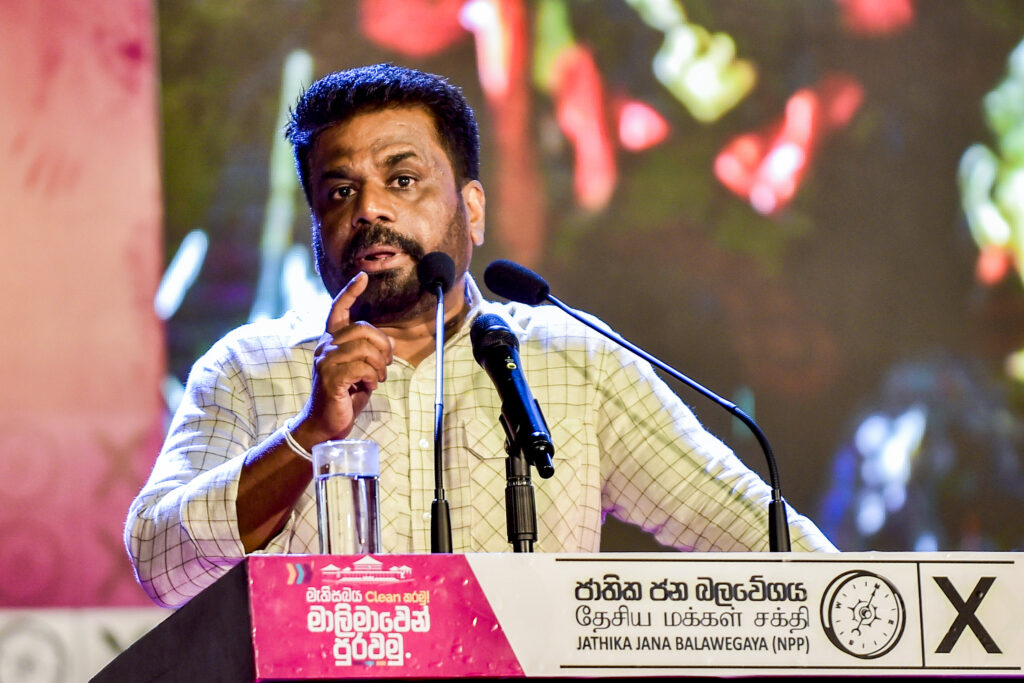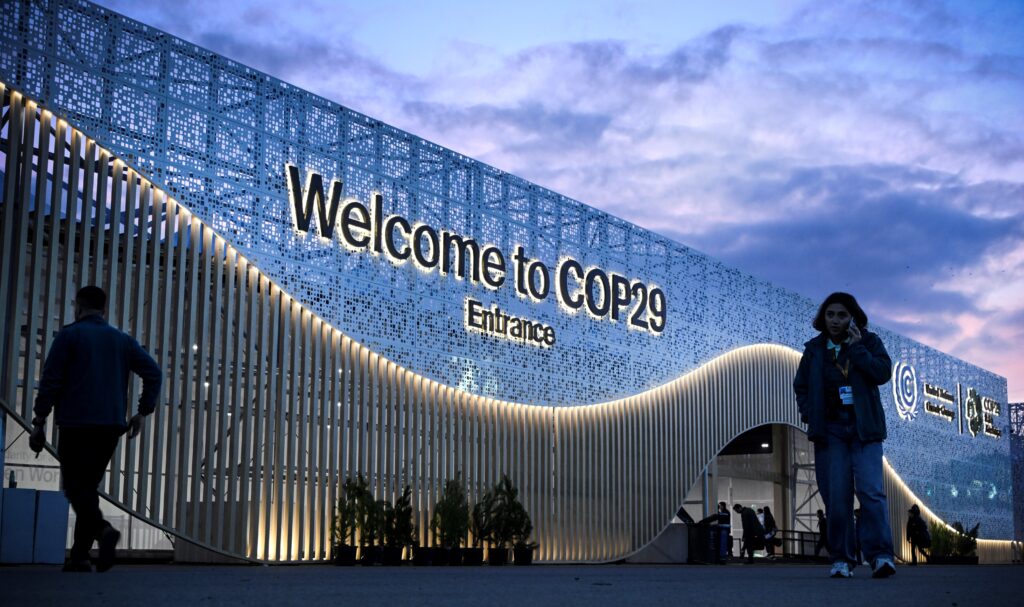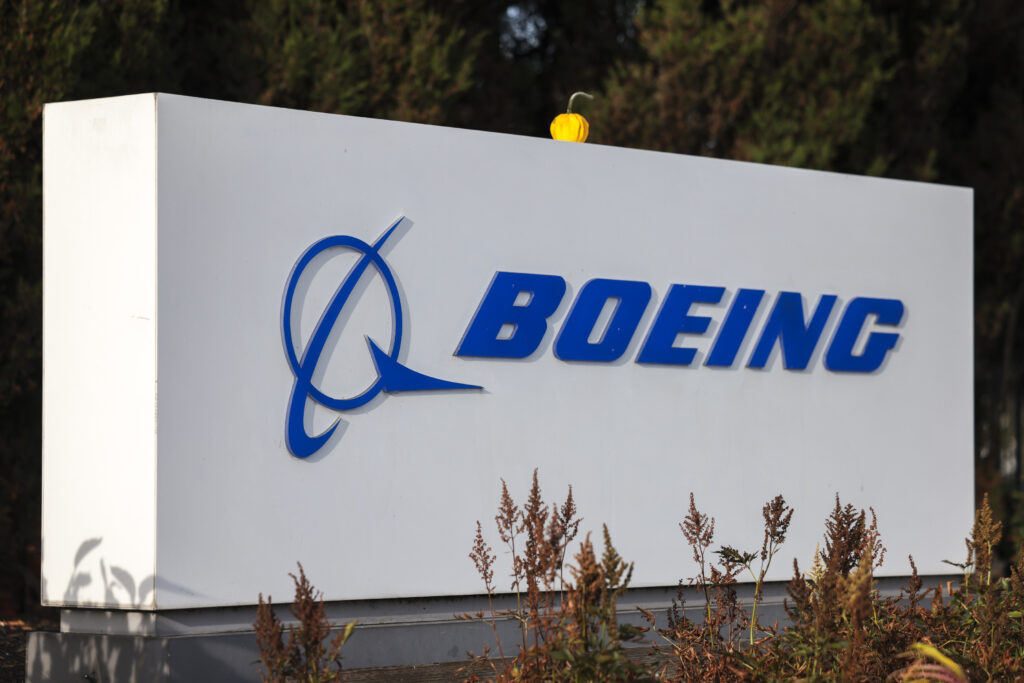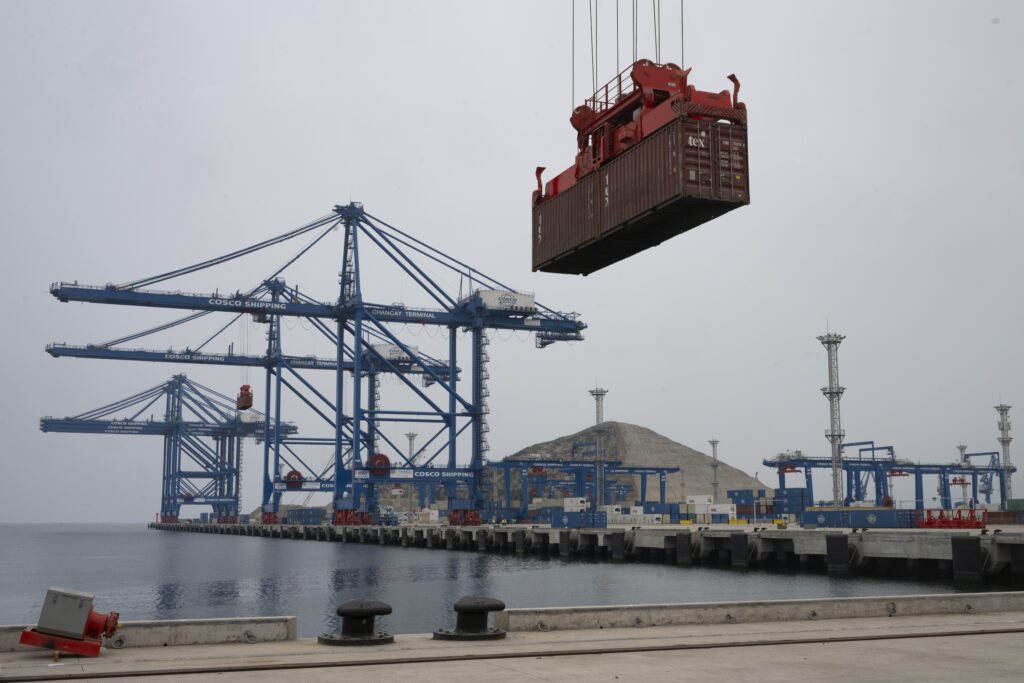Sri Lanka’s leftist president faces first parliament test
Sri Lanka’s new leftist leader has drawn strong support from an unlikely source as he seeks to expand his three parliamentary seats to a house majority in elections on Thursday.President Anura Kumara Dissanayake, 55, who counts Karl Marx and Che Guevara among his heroes, has the backing of the country’s largest and most influential private sector trade and industry body.Dissanayake took power in September on the back of public anger over the island’s 2022 economic meltdown — and the Ceylon Chamber of Commerce (CCC) has said its proposals for economic recovery match the socialist agenda of his People’s Liberation Front (JVP).Business leaders have speculated the country could follow the economic models of China or Vietnam under Dissanayake, whose party sports the hammer and sickle motif of the international communist movement in its logo.”In the first term (of Dissanayake), I would say that they will be far better than Vietnam in terms of having a full democratic setup”, said Imran Furkan, from the Australia-based geopolitical risk analysis firm Tresync.”Democracy is deeply rooted in Sri Lanka, unlike in Vietnam, which has been communist for a long time”.Furkan said he expected Dissanayake’s party to comfortably win Thursday’s parliamentary elections and then pursue reforms, including unpopular austerity measures begun by his right-wing predecessor Ranil Wickremesinghe in line with a $2.9 billion IMF bailout.- Stocks surge -The JVP, which led armed insurrections in 1971 and 1987 that left some 80,000 people dead, has since joined mainstream politics, in a coalition with professional groups calling themselves the National People’s Power (NPP).Dissanayake, by allowing the debt deal agreed by Wickremesinghe to move forward, has won the confidence of both local and foreign investors that he will not reverse the reforms, Furkan said.Since Dissanayake’s victory, the All Share Price Index at the Colombo Stock Exchange has gained 16.65 percent, underscoring positive investor sentiment.He has also maintained close ties with giant neighbour India and the country’s largest bilateral lender, China.The two compete for influence in the small but strategically located Indian Ocean island, a majority-Buddhist nation of about 22 million people.Voting opens Thursday at 7:00 am (0130 GMT) for 8,880 candidates contesting 225 seats in parliament, with initial results expected as early as Friday morning.But election monitors say there is little enthusiasm among voters.Private monitoring group the People’s Action for Free and Fair Elections (PAFFREL) said voter turnout could be lower than the 80 percent seen in the presidential poll.PAFFREL head Rohana Hettiarachchie said the results were seen as a foregone conclusion given how few opposition party candidates were active.Dissanayake’s party had only three seats in the outgoing legislature but faces little challenge this time.”Campaigning from the opposition side is very, very low,” he said, while noting that campaigns, unlike in the past, had at least been peaceful.- ‘Unity over division’ -CCC chief Duminda Hulangamuwa is not only backing the new administration’s plans but has also accepted an honorary position as Dissanayake’s economic adviser.Hulangamuwa told reporters last week that Dissanayake wanted to push ahead with the IMF bailout, which requires reforms to loss-making state-owned enterprises as well as the elimination of subsidies and tax holidays.Dissanayake’s policy is to implement reforms and then bring about macro stability, Hulangamuwa said, adding the president wanted “growth in a more inclusive manner.”Ex-president Wickremesinghe was voted out of office after doubling income taxes and imposing other reviled austerity measures.His policies ended the shortages of essentials such as food, fuel and medicines, along with runaway inflation, and returned the country to growth, but left millions struggling to make ends meet.The IMF has stated that Wickremesinghe’s administration made significant progress in repairing the nation’s ruined finances after a $46 billion foreign debt default in 2022.The IMF is due to send another mission to Colombo on the day of the polls to review progress, after declaring that Sri Lanka was “not out of the woods yet”.Hotel sector executive Anura Lokuhetty said a stable government was needed.”Now that we have a president from the NPP, the parliament should support the system to carry on a good environment for business,” Lokuhetty told AFP.Lawyer Shanthini Walgama said Dissanayake’s coalition offered the best promise of tackling endemic corruption.”In this election, it is all about progress over stagnation, unity over division, honesty over corruption,” she told AFP.



